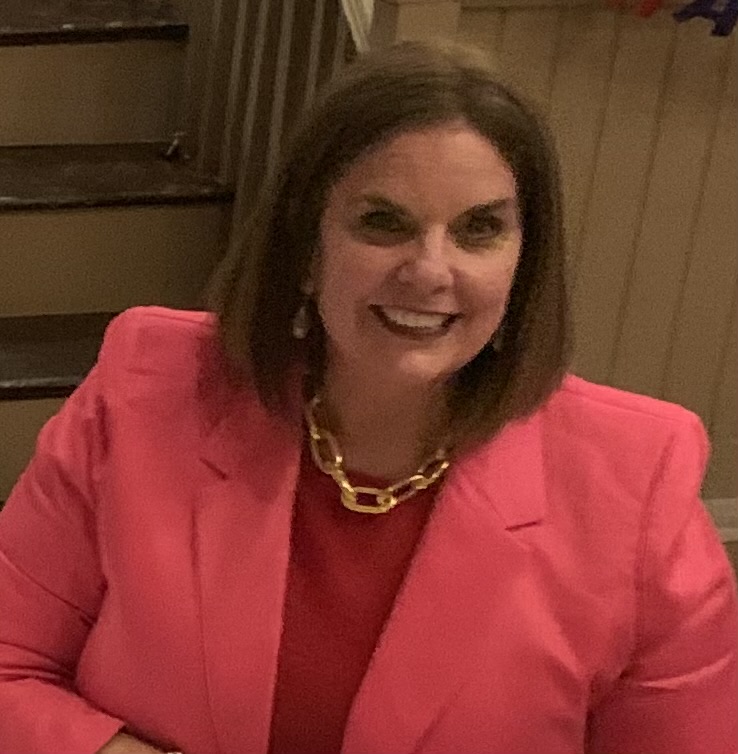This is My Version of The BASIS: The Brief Admiration Summary Illumining Shaffer
Editor’s note: Chrissy Thurmond is the Head of Responsible Gaming External Relations at DraftKings Inc., where she leads the company’s Responsible Gaming (RG) partnerships, and external advocacy. In her role, Chrissy serves as the ambassador of DraftKings’ RG program, working to elevate its profile as a customer-centric leader in the gaming industry. She is responsible for managing key stakeholder relationships and ensuring the continued growth and integrity of the program. Before joining DraftKings, Chrissy was a senior business contributor at the Massachusetts Council on Gaming and Health (MACGH), where she played a pivotal role in advancing responsible gaming initiatives. Her professional background also includes leadership roles at Harvard Medical School, where she contributed to institutional strategy and operations. This op-ed is part of our Special Series in Honor of Dr. Howard Shaffer.
 Howard has always loved an acronym! I still remember the day the WAGER was created, it was the very first. A few years later came the BASIS, and from that point forward it has been a trusted and steadfast source of insight for so many, just like Howard.
Howard has always loved an acronym! I still remember the day the WAGER was created, it was the very first. A few years later came the BASIS, and from that point forward it has been a trusted and steadfast source of insight for so many, just like Howard.
I met Howard in 1992 at Harvard Medical School (HMS) when we were both beginning our journey at the Division on Addiction. I had the privilege of working with him until 2012, and those were the most rewarding years of my career. From the start, Howard was more than a boss, collaborator or mentor. He was and continues to be a force of nature, marked by a steady, discreet, and fiercely focused presence that inspires those around him.
When Howard established the Division on Addiction, addiction science was not a highly recognized discipline, particularly not at HMS. His vision and commitment to creating something groundbreaking were unmistakable. He knew where he wanted to go, and he had the patience and resilience to navigate the twists, setbacks, and unexpected turns along the way. His determination built the Division into a cornerstone of the field.
Howard built a team of disciplined and curious researchers, urging everyone always to ask one more question and push a little further. His mottos became part of our daily mantra: “trust but check”, “embrace technology”, and “that doesn’t make me right.” That last one always made me smile, because even though he said it often, almost without exception, he was right. He has a gift for proposing ideas that seem impossible (or crazy) at first, but his sureness made us believe in their possibility. And so, more often than not, we found a way to make them happen.
If Howard has a defining trait, it is patience. He is comfortable with uncertainty, able to sit with discomfort in ways that most of us cannot. He follows through on ideas with a persistence that reflects both his creativity and his discipline. Beyond his scholarship, he is also an accomplished athlete who excelled at baseball and golf, and he is a talented photographer with a keen artistic eye.
Unlike most people, I actually used to look forward to Mondays because they meant time with Howard. We would spend hours planning the days and weeks ahead, often reviewing a PowerPoint presentation he had spent the weekend preparing, discussing new ideas for the website, or brainstorming a fresh “brown bag lunch” series for HMS faculty. Those meetings always left me enthused and inspired. My favorite moments, though, came when our conversations drifted into lighter territory. We talked about everything, from Howard’s reflections on what his mentor, Norman E. Zinberg, might think of the Division’s work (especially our trips to Las Vegas to collaborate with the Gaming Industry) to his joy in sharing updates about his kids, David and Paige. Some of my favorite times were when he would recap episodes of Curb Your Enthusiasm with such humor and delight that you couldn’t help but laugh along. Those Monday talks still remind me how important it is to balance work with outside passions and enjoyment.
Howard’s contributions to addiction science are profound and lasting. He launched projects that became touchstones in research and public education, including the WAGER, the BASIS, and Your First Step to Change. He developed the Syndrome Model of Addiction, led the Harvard Project on Gambling and Health, and directed the Institute for Research on Pathological Gambling and Related Disorders. His research, publications, and editorial leadership have influenced countless scholars and practitioners across the globe.
To those of us who know him, Howard is also the consummate student, endlessly curious, while at the same time an extraordinary teacher. He has the rare gift of making complex ideas clear and understandable. Over the years, he has received numerous honors, including the APA Division 50 Award, the Lifetime Research Award from the National Council on Problem Gambling, and let’s not forget, the endowed chair titled: the Morris E. Chafetz Associate Professor of Psychiatry in the Field of Behavioral Sciences at Harvard Medical School. Yet what stands out most to me is his generosity of spirit, his openness, and his dedication to mentoring the next generation of researchers and clinicians.
In my opinion, and in my heart, Howard is a Luminary On Virtually Everything, and yes, that acronym is exactly what you think: LOVE.
Here’s to you, Dr. Shaffer. Enjoy every moment of your well-deserved retirement, your family and your brilliant mind. With deep admiration, gratitude, and yes, LOVE!
– Chrissy Thurmond
Division on Addiction, 1992-2012